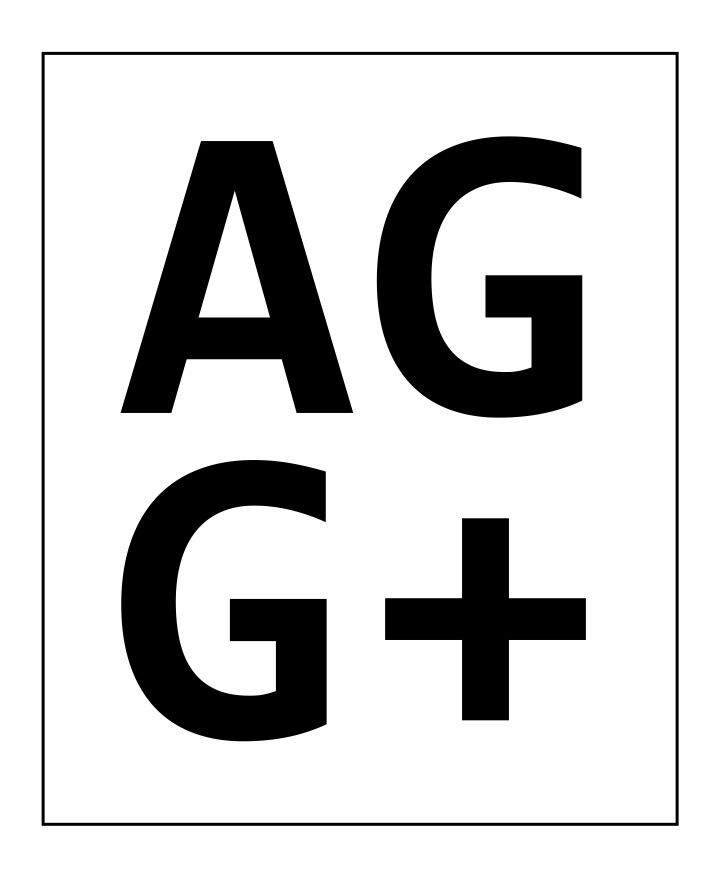SPECIAL ISSUES
AGG+ runs special issues to create collections of papers on specific topics. The aim is to build a community of authors and readers to discuss the latest research and develop new ideas and research directions. Special Issues are led by Guest Editors who are experts in the subject and oversee the editorial process for papers. Papers published in a Special Issue will be collected together on a dedicated page of the journal website.
If you would like to run your own Special Issue, the following resources will guide you through the process, from assembling your Guest Editor team and writing your proposal to advertising your Call for Papers and managing submissions to celebrating your published Issue. For any inquiries related to a Special Issue, please contact the Editorial Office.
Become Guest Editor
Guest Editors are crucial in selecting high-quality contributions on specific topics and overseeing the editorial review process for special issue publications. There are two ways to become a Guest Editor: either by invitation from the AGG+ journal, recognizing your expertise in a particular research field, or by submitting a proposal for a special issue. If you are a recognized expert with a broad network of potential authors and reviewers, an editor might invite you to lead a new special issue. Alternatively, you can propose a special issue to a journal, and the Editors-in-Chief will decide on its approval after consulting with the Section Editors and Editorial Board. If approved, you and any co-guest editors, Editors-in-Chief, and the Section Editors will be responsible for developing the issue and managing the editorial review process.
Preparing a proposal for a special issue
Please, send your proposal for a special issue to aggplus@aggf.unibl.org.
A proposal for a special issue should cover the following points:
- The special issue’s tentative title;
- The significance of the topic that the special issue will address;
- How the special issue’s articles will contribute to the topic;
- The list of potential articles/authors for inclusion in the special issue. A special issue normally contains between five and eight full-length articles.
- The timeline for producing the special issue, including writing, reviewing, and submitting the final copy to the journal;
- A brief biography of the Guest Editor(s);
- The note on related events, funding support, partnerships, or other connections that could impact the development of the issue.
Please note, that if fewer than three articles are accepted for publication after the review process, the articles will be published in the regular issue of the AGG+ journal.
Responsibilities of Guest Editors
Special issues need to follow the same strict ethical standards as usual journal issues. If any dishonest behaviours are found, the Editors-in-Chief will cancel the special issue. The Guest Editor should select papers for special issue collection based on their scientific quality and relevance to the special issue topic and AGG+ journal's scope. The special issue can only publish a single submission from the Guest Editor. As a result, the Guest Editor will not participate in the review process and decisions about the paper.
The review of special issue articles will be done appropriately and following standard review practices. The Opus electronic submission system must be used by Guest Editors for journal communications and peer review procedures. Guest Editors are responsible for safeguarding the confidentiality of all materials submitted to the journal and all correspondence with reviewers. Guest Editors usually decide on manuscripts based on reviews, but the Editor-in-Chief has the final decision on whether to accept, reject, or send the manuscript for independent peer review before publication.
